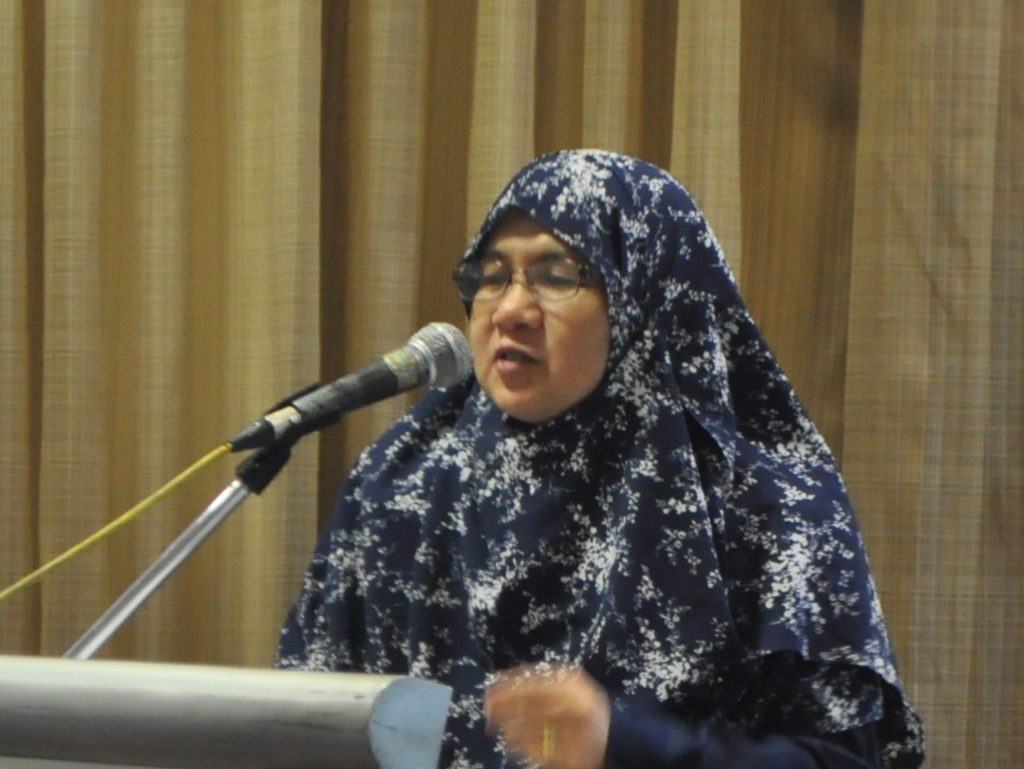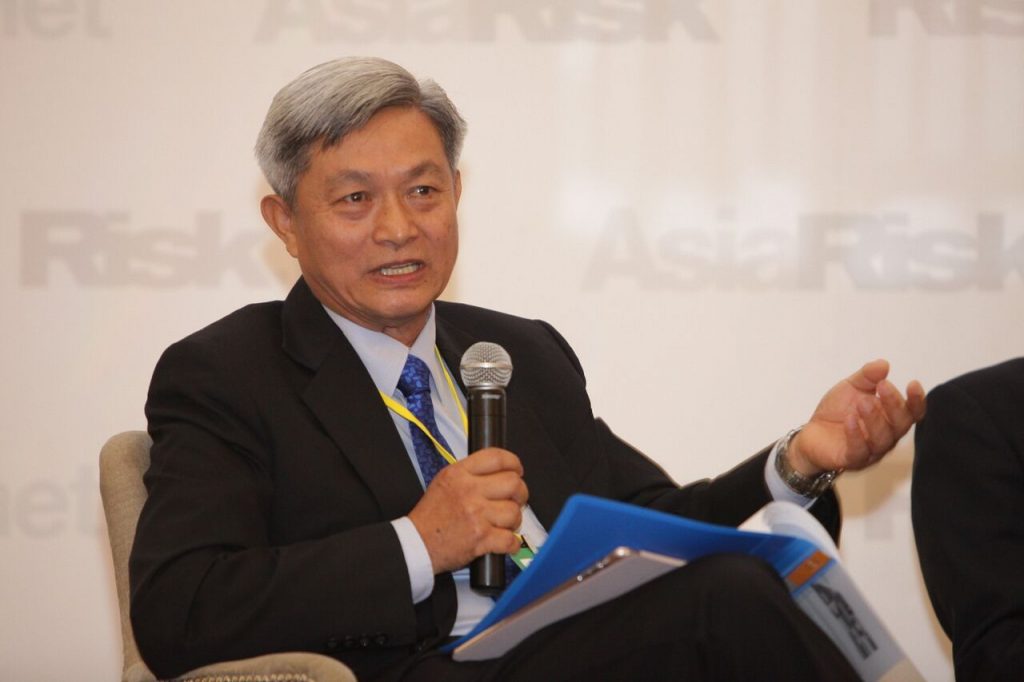KUALA LUMPUR, Sept 30 – Informal and gig workers, already earning unstable livelihoods, have not been spared from the economic impact of the Covid-19 pandemic that forced some to dip prematurely into their retirement savings.
But medical and financial experts have warned young adults working in the gig economy — touted as a source of independence from suffocating nine-to-five office work — that failure to be self-disciplined in saving for retirement (as opposed to automatic deductions from a salaried worker) could see them ill-prepared to face old age with its myriad of costly health conditions.
“Whenever can, gig economy workers must save money for retirement. This is because the cost of general health care and chronic disease care in future is expected to rise,” Malaysian Healthy Aging Society (MHAS) president Dr Wong Teck Wee told CodeBlue in an interview.
According to the National Health and Morbidity Survey 2019, reported health care spending from total monthly household expenditure increased from 3.6 per cent in 2011 to 4.6 per cent in 2015, rising further to 5.1 per cent in 2019. Based on this, Dr Wong expects household health care spending to steadily increase in future.
As for financial sources used by households to pay for health services, more than a third, or 36 per cent, used their savings, whereas 81 per cent used their current income. The remaining 11 per cent borrowed from family and friends, other than household members. Almost half, or 43 per cent of respondents, say they cannot afford personal health insurance.
Without personal medical insurance or retirement savings, gig workers may struggle to get affordable quality care when they face an onset of geriatric diseases upon old age.
According to Aon’s 2019 Global Medical Trend Rates Report, Malaysia was the only country in Southeast Asia projected to experience double-digit medical inflation in 2019, hitting 13.6 per cent compared to 12.4 per cent in 2018. The 2019 projected medical inflation rate was almost 5.7 times that of the general inflation forecast of 2.4 per cent.
Standards Of Long-Term Care Must Improve
“Old age is a time of uncertainty. The problem with longevity is that it needs to come hand in hand with a good and healthy quality of life. The longevity risk comes in the form of unexpected costs,” explained Prof Dr Shahrul Bahyah Kamaruzzaman, geriatric unit head consultant geriatrician at Universiti Malaya Medical Centre (UMMC).
“Hence, retirement must be planned, especially for those who have early onset communicable diseases, which in older age may lead to the development of the ‘geriatric giants’. For example, instability of gait leading to falls, if severe, can result in immobility, frailty, intellectual impairments e.g. dementia, depression, polypharmacy, incontinence. All these can lead to functional impairment, frailty and disabilities,” Dr Shahrul Bahyah told CodeBlue.

Dr Suzana Shahar, head of the Centre of Healthy Aging and Wellness at Universiti Kebangsaan Malaysia, told a forum last September that her 2015 research showed only about one in 10 Malaysian senior citizens age healthily — which means an absence of illnesses like cancer, diabetes, cardiovascular disease, or stroke; no functional limitation; good cognition or mental health; no depression; good quality of life; and good self-perception on health.
Malaysia, she said, was ageing at a higher rate of disability compared to Australia, with dementia being a major cause of disability among older Malaysians, followed by musculoskeletal and visual-hearing conditions.
Malaysia is also fast becoming an ageing nation. The World Health Organization (WHO) classifies a nation with a proportion of 7 per cent or higher of people aged 65 years and older as an “ageing society”. According to the Malaysian government’s Economic Outlook 2019 report, the number of people aged 65 and above in Malaysia was approximately two million, or 6.3 per cent of the total population, in 2017.
This is projected to increase to 2.4 million people in Malaysia by this year, or 7 per cent of the total population, thus Malaysia is expected to become an ageing nation in 2020. The Economic Outlook 2019 report warned that the speed of ageing will accelerate once Malaysia reaches ageing society status, predicting that it will only take about two decades for Malaysia to double its elderly population to become an aged society by 2040.
The United Nations defines an “aged society” as one with 14 to 21 per cent proportion of older persons. Prime Minister Muhyiddin Yassin reportedly said Monday that Malaysia’s proportion of people aged 65 and above was expected to reach 14 per cent by 2045, which is when Malaysia will become an aged society.
“We are unprepared as a nation. Nationwide campaigns on early retirement and estate planning are important as we approach this.”
Dr Shahrul Bahyah Kamaruzzaman, geriatric unit head consultant geriatrician at Universiti Malaya Medical Centre (UMMC)
“Refinement of national policies for older people are in process, especially for those with dementia (action plan in progress), refinement of care home Acts, prevention of elder abuse etc,” said Dr Shahrul Bahyah.
As much as it is becoming more and more important to save for retirement, it is also vital to provide proper long-term care for elderly people when they need it.
“The multi-disciplinary care and anticipated long-term care needed for these problems cost money,” said Dr Shahrul Bahyah.
“Long-term care is not just about medical care and treatment; it includes services that assist individuals with their medical and non-medical needs during chronic illnesses or disabilities.
“With the rising cost of medicines, food and supplements, it is important to improve the standards of long-term care. For example, home nursing and nursing home facilities need better policies that help maintain and regulate this (many unlicensed care homes make for higher disparities in standards of care and cost),” she added.
Low Paid Gig Workers Vulnerable To Financial Shock

Sunway University Business School economics professor Yeah Kim Leng said there are easy methods and schemes for those in the gig economy to contribute to their retirement fund, namely via the Employees Provident Fund (EPF).
However, Yeah also noted that only gig workers in certain industries earn enough to be able to contribute to their retirement fund, and they may not even make enough to save for regular emergencies.
“If the earnings or income are not enough to allow for savings accumulation, the gig workers will be highly vulnerable to economic and financial shocks, putting them into a state of perpetual financial and social insecurity,” Yeah told CodeBlue.
Two gig economy workers told CodeBlue that they were not able to contribute consistently to their retirement savings or medical insurance since the Movement Control Order (MCO) was imposed last March, as their pay was not what it used to be.
But there are also those who contribute to EPF monthly despite the current situation, like Sheera, a woman in her 30s who has been doing freelance writing and editing work in Malaysia for three years.
“It may be difficult to set aside an amount for this, but I can’t stress how important that is for a rainy day, especially since payment methods are all super easy these days,” Sheera, who declined to provide her full name, told CodeBlue.
A 29-year-old freelance IT consultant named Siva said EPF contributions were vital for all workers.
“There is something for their future savings and for their retirement. Besides, it is also important for their health and housing. Even if it is not EPF, get yourself a savings plan. Your future self will thank you.”









